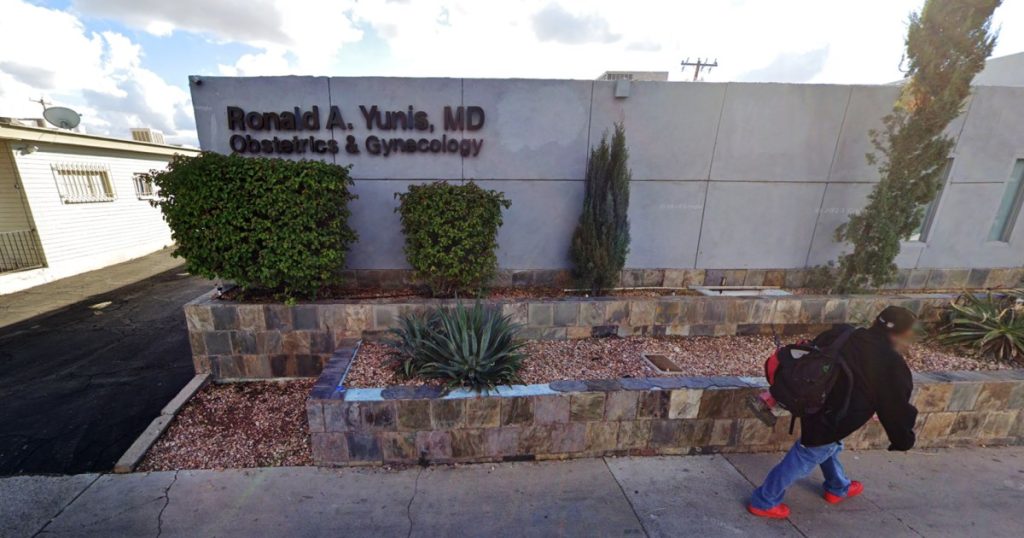Jordan Johnson, 29, was met with anti-abortion activists outside the Acacia Women’s Center in Phoenix, Arizona, just days after the state Supreme Court enforced an 1864 abortion ban. The activists shouted at patients and approached cars entering the parking lot. Despite the protesters, Johnson was determined to have an abortion, expressing her frustration with the activists and her disappointment in the state’s failure to protect abortion rights. The ruling made abortion a felony punishable by prison time, with some exceptions, further adding to the uncertainty surrounding reproductive rights in Arizona.
Patients like Johnson and Amber Adams, 30, have turned to the Acacia Women’s Center for abortion services amid the legal challenges to abortion rights in the state. Adams recounted facing anti-abortion activists during her first visit to the clinic, feeling judged and shamed for her decision. The state Supreme Court’s ruling on the 1864 abortion ban has left individuals like Adams with few options for accessing abortion care, prompting concerns about potential harm to those who may resort to unsafe methods if unable to access safe, legal abortions.
Despite the setbacks for reproductive rights, doctors like Dr. Ronald Yunis continue to provide care for patients seeking abortions. Yunis, who has faced opposition from anti-abortion activists for years, remains committed to helping his patients and ensuring their well-being. He emphasized the importance of providing safe and legal abortion services, expressing concern for women who may be at risk of harm if forced to seek alternatives due to restrictive laws. Patients like Adams trust Yunis to provide them with comprehensive reproductive health care, including access to birth control and other services.
In response to the state Supreme Court’s ruling, reproductive rights advocates have mobilized to challenge the decision and work towards protecting abortion rights in Arizona. Efforts to put a constitutional amendment on the November ballot to safeguard abortion rights have been met with resistance, but supporters remain determined to fight for reproductive freedom. Patients like Johnson and Adams are exploring options to access abortion care, including seeking services in other states or countries if necessary, despite the potential risks involved in doing so outside of a safe medical setting.
The legal battles surrounding abortion rights in Arizona and the broader context of the U.S. Supreme Court’s overturning of Roe v. Wade have created a challenging landscape for individuals seeking abortion care. With access to safe and legal abortions under threat, patients face uncertainty and obstacles in exercising their reproductive rights. The persistence of anti-abortion activists and the enforcement of restrictive laws have driven patients to seek care from providers like Dr. Yunis, who remain committed to supporting patients in accessing essential reproductive health services.
As the legal and political debates over abortion rights continue, patients like Adams emphasize the importance of respecting individuals’ choices and autonomy in making decisions about their own bodies. The stigma and judgment faced by individuals seeking abortions highlight the need for compassion and support in navigating complex reproductive health decisions. With the future of abortion rights in Arizona uncertain, patients, advocates, and providers are grappling with the challenges posed by restrictive laws and working towards ensuring access to safe, legal abortion care for all who need it.













